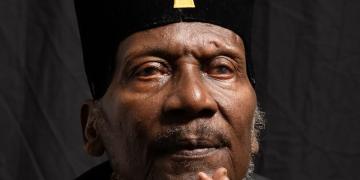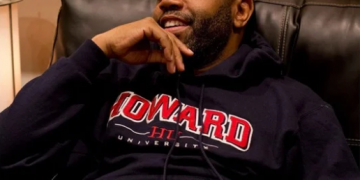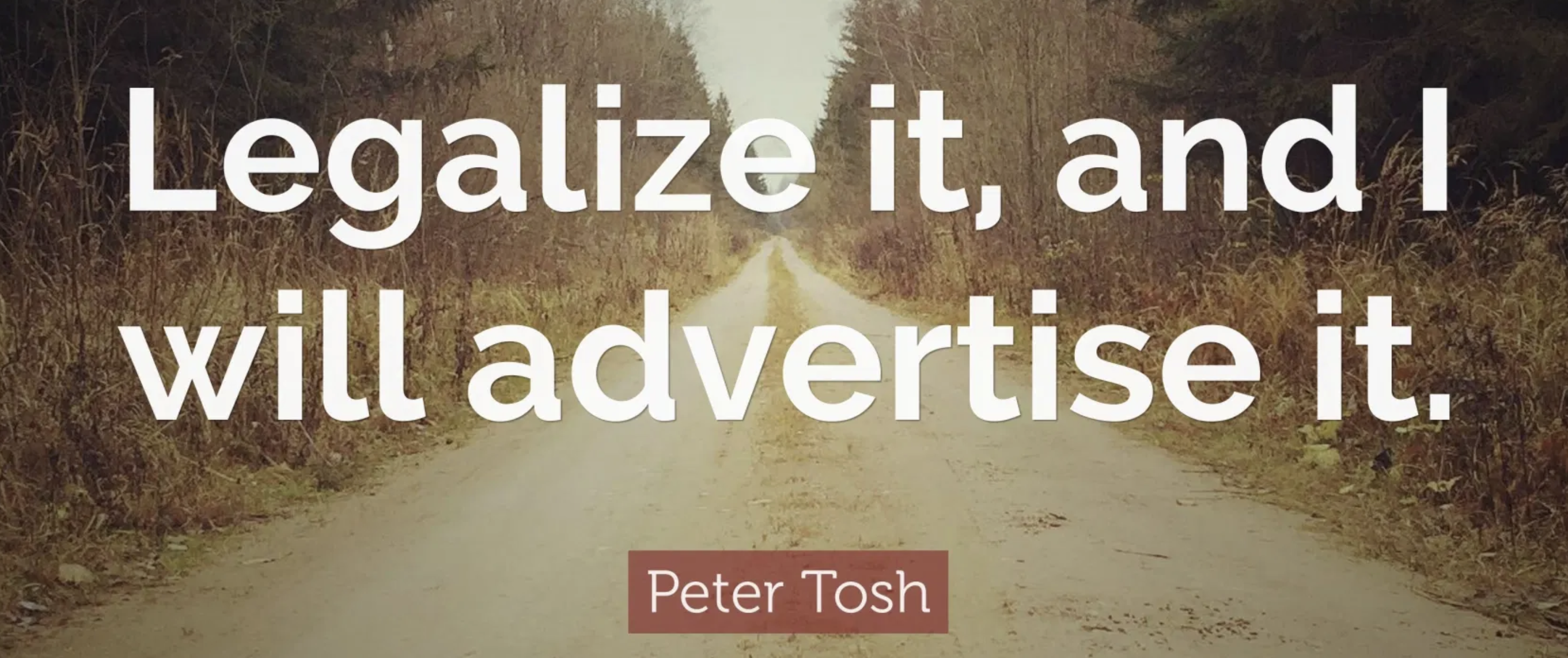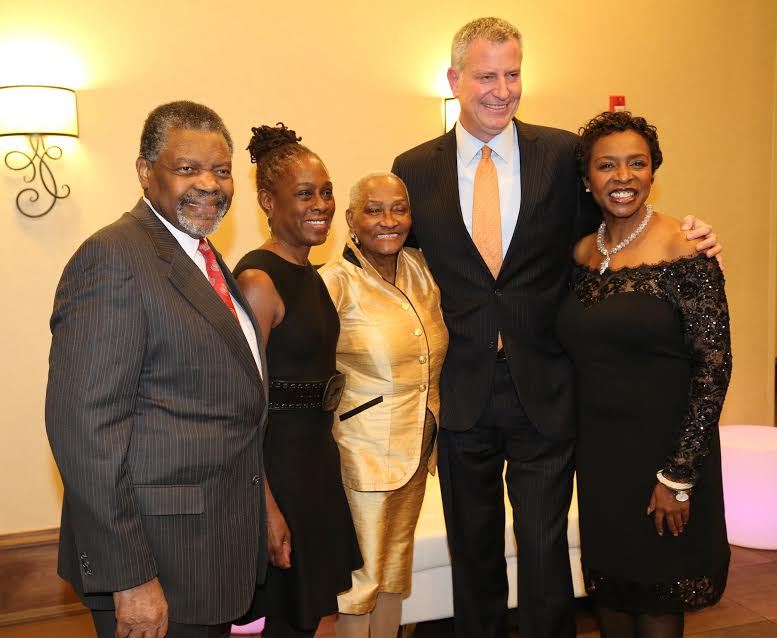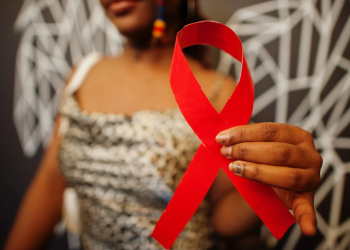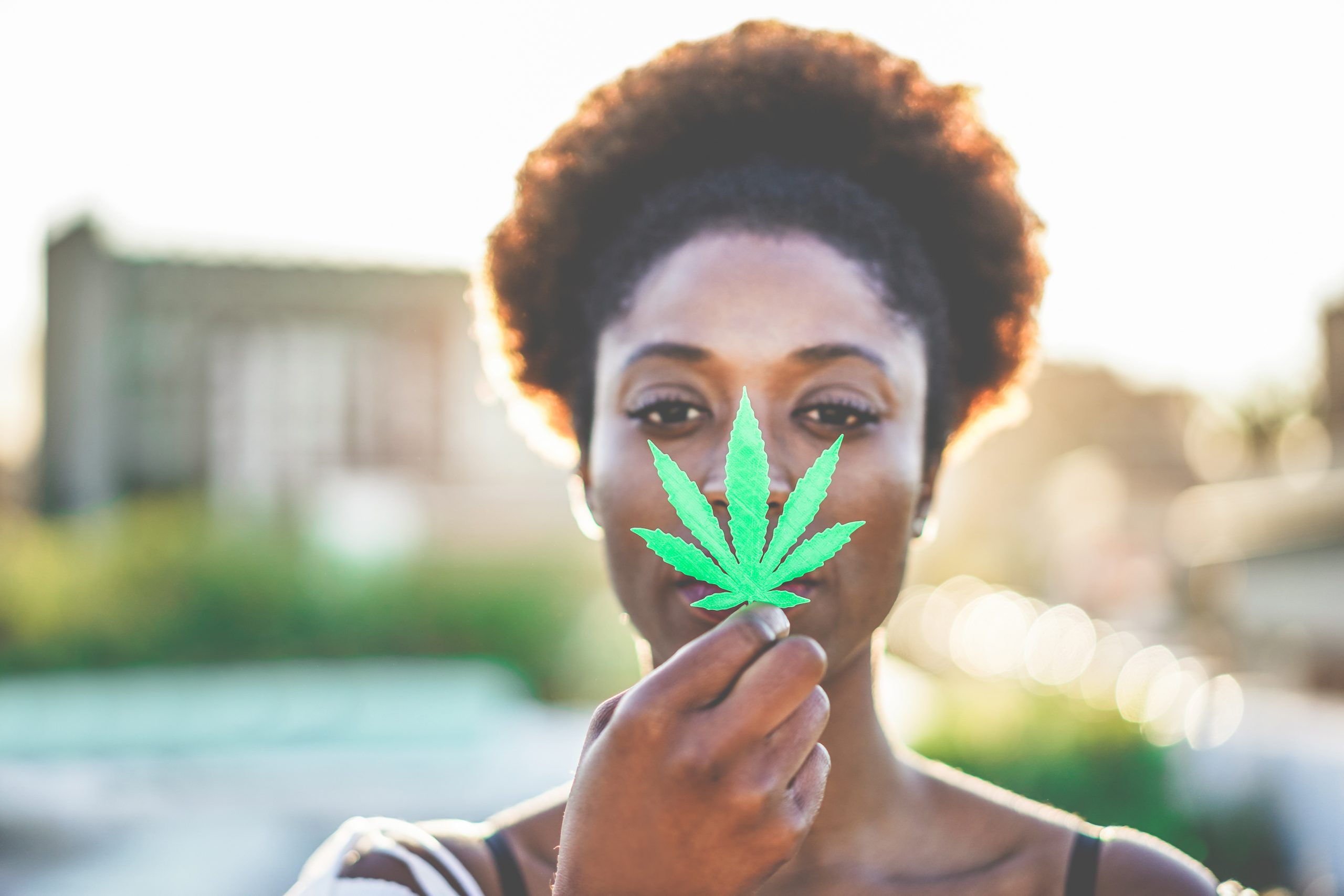
New York lawmakers, with Governor Cuomo’s approval, have enacted legislation that legalizes recreational cannabis use here in New York. New York is now the 15th state to legalize recreational cannabis use. This is another national milestone toward making cannabis use fully legal throughout the United States. Here is what you need to know about the new law effective March 31, 2021.
Q: How much marijuana/cannabis and is allowed?
New Yorkers can now legally possess up to three ounces (3) of marijuana/cannabis, twenty-four (24) grams of marijuana/cannabis concentrates and personal home cultivation allows storage of up to five pounds (5) of marijuana/cannabis. The new law became effective immediately after Governor Cuomo signed it on March 31, 2021.
Q: Who is allowed to use marijuana/cannabis?
The legislation makes consumption and possession of Adult-Use Marijuana/Cannabis legal for all New Yorkers over the age of 21. Please Smoke Responsibly and under the NYC Smoke Free Act, an adult can only smoke cannabis/marijuana where smoking is allowed so no Parks, Sports Arenas, Public Transportation, No Bars and or Restaurants etc. It’s illegal to smoke and vape cannabis/marijuana while driving.
Q: What is the difference between legalization and decriminalization?
The new law has aspects of both legalization and decriminalization. Legalization is the process of making something legal. In this case, the new law legalizes possession and Adult-use marijuana/cannabis use by changing how the active ingredient in cannabis appears on the state’s “banned-substances” list. Decriminalization is the removal of punishments and penalties and also the expungement of past criminal records.
Q: What should I know about expungements?
With respect to past convictions for cannabis-related crimes that have been decriminalized, the new law expunges those convictions from criminal records. This will be done automatically.
Q: Were other changes made in the criminal law?
Yes, the new law made a number of changes to the criminal law with respect to cannabis. For example, police officers can no longer use the odor or burning of cannabis to justify an arrest-no longer probable to stop and search.
Q: What about home cultivation?
Under the new law, home cultivation by individual users is permitted and is no longer illegal. Individuals may have up to six plants — three mature and three immature plants that are in the process of growing. Individuals are allowed to store up to five pounds (5) of marijuana/cannabis in their homes.
Q: What about retail sales of cannabis?
Retail sales of Adult-Use cannabis products will be allowed under the new law. Specific rules and regulations will be forthcoming, but in general, retailers will need to obtain a special license to sell cannabis products — in addition to the currently-required general permits and business licenses. This is akin to the licensure requirement for retailers of alcohol and tobacco. The new law is effective immediately, so retail sales are now technically legal. The rules and regulations are not yet drafted, however, so until that is done, no licenses can be issued to retailers. If Illinois provides any relevant example, the final version of the regulations might take up to two years to draft and implement. Illinois legalized cannabis use in 2019 and, to date, few licenses have actually been issued. Rules and regulations will also be issued for cannabis growers and processors.
Q: What about taxes?
Cannabis sales will be taxed like other products, but at higher rates. At minimum, there will be a 9% state sales tax on cannabis sales plus an additional 4% sales tax allowed for city and county governments. Other taxes may be imposed. The state estimates that cannabis sales will generate more than $300 million in state tax revenues.
Q: Were social justice and equity concerns addressed by the new law?
One of the main sponsors for the new law was Assembly Majority Leader Crystal Peoples-Stokes. She and others have vigorously advocated for legalization of cannabis use and have also insisted on the need for the law to address communities that have been disproportionately impacted by the war on drugs. As proponents of the law have articulated, marijuana prohibition and the resulting mass incarceration has caused generational deparities in impacted communities.
To address these social justice and equity issues, the new law includes several provisions that allow the state to encourage and support impacted communities. For example, the state is authorized to provide loans, grants, and startup assistance aimed at nurturing new cannabis businesses owned by persons of color, women, and disabled veterans. Further, the law requires that, when issuing Adult-use cannabis-related business licenses, the state should issue at least 50% of those licenses to businesses owned by persons of color, women, and others who have been historically impacted by cannabis prohibition. The law also has incentives for small farm cannabis cultivators and contains revenue set-asides for education and substance abuse prevention related to cannabis.
More information about the MRTA Bill and Updates are available at www.cannabis.ny.gov.
Find Out More from a New York State Cannabis Attorney
For more information, please visit The Mary Jane Consulting Group website at www.themaryjaneconsultinggroup.com and speak with one of our Special Advisors. You can read more about these issues here and contact me at 718-400-6143, Michelle Fields Esq.

